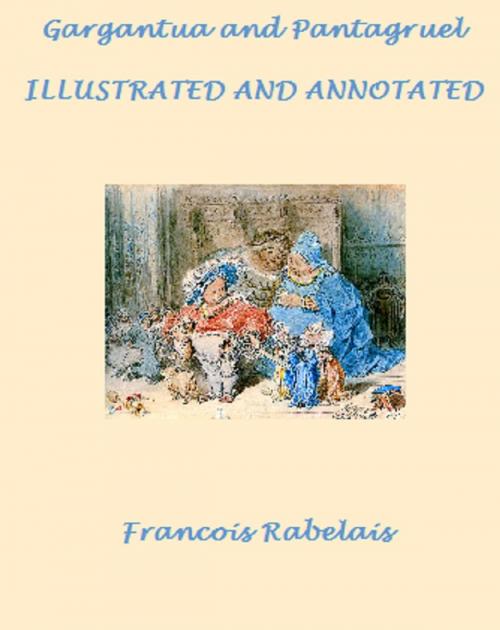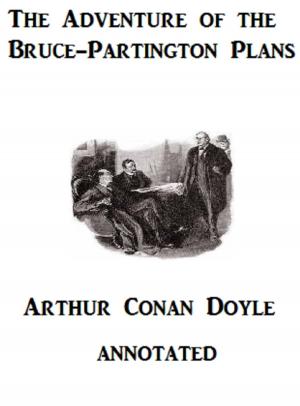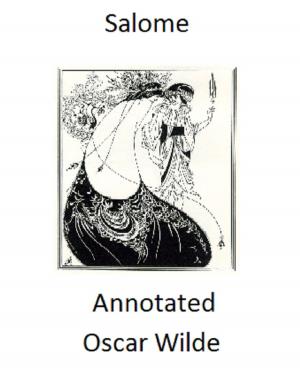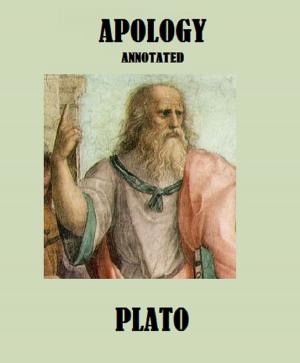Gargantua and Pantagruel, Complete (Illustrated and Annotated)
Fiction & Literature, Classics, Historical, Literary| Author: | Francois Rabelais | ISBN: | 1230000309105 |
| Publisher: | Bronson Tweed Publishing | Publication: | March 3, 2015 |
| Imprint: | Language: | English |
| Author: | Francois Rabelais |
| ISBN: | 1230000309105 |
| Publisher: | Bronson Tweed Publishing |
| Publication: | March 3, 2015 |
| Imprint: | |
| Language: | English |
The Life of Gargantua and of Pantagruel is a pentalogy of novels composed in the 16th century by François Rabelais, which tells of the adventures of two giants, Gargantua and his son Pantagruel. The text is written in an amusing, extravagant, and satirical vein, and features much crudity, scatological humor, and violence (lists of explicit or vulgar insults fill several chapters). The censors of the Collège de la Sorbonne stigmatized it as obscene, and in a social climate of increasing religious oppression, it was treated with suspicion, and contemporaries avoided mentioning it. According to Rabelais, the philosophy of his giant Pantagruel, "Pantagruelism", is rooted in "a certain gaiety of mind pickled in the scorn of fortuitous things".
This edition has been formatted for your reader, with an active table of contents. It also contains illustrations and annotations, with extensive additional information about the book and its author, including an overview, initial publication, plot summary, analysis, translations, illustrations, biographical and bibliographical information.
The Life of Gargantua and of Pantagruel is a pentalogy of novels composed in the 16th century by François Rabelais, which tells of the adventures of two giants, Gargantua and his son Pantagruel. The text is written in an amusing, extravagant, and satirical vein, and features much crudity, scatological humor, and violence (lists of explicit or vulgar insults fill several chapters). The censors of the Collège de la Sorbonne stigmatized it as obscene, and in a social climate of increasing religious oppression, it was treated with suspicion, and contemporaries avoided mentioning it. According to Rabelais, the philosophy of his giant Pantagruel, "Pantagruelism", is rooted in "a certain gaiety of mind pickled in the scorn of fortuitous things".
This edition has been formatted for your reader, with an active table of contents. It also contains illustrations and annotations, with extensive additional information about the book and its author, including an overview, initial publication, plot summary, analysis, translations, illustrations, biographical and bibliographical information.















